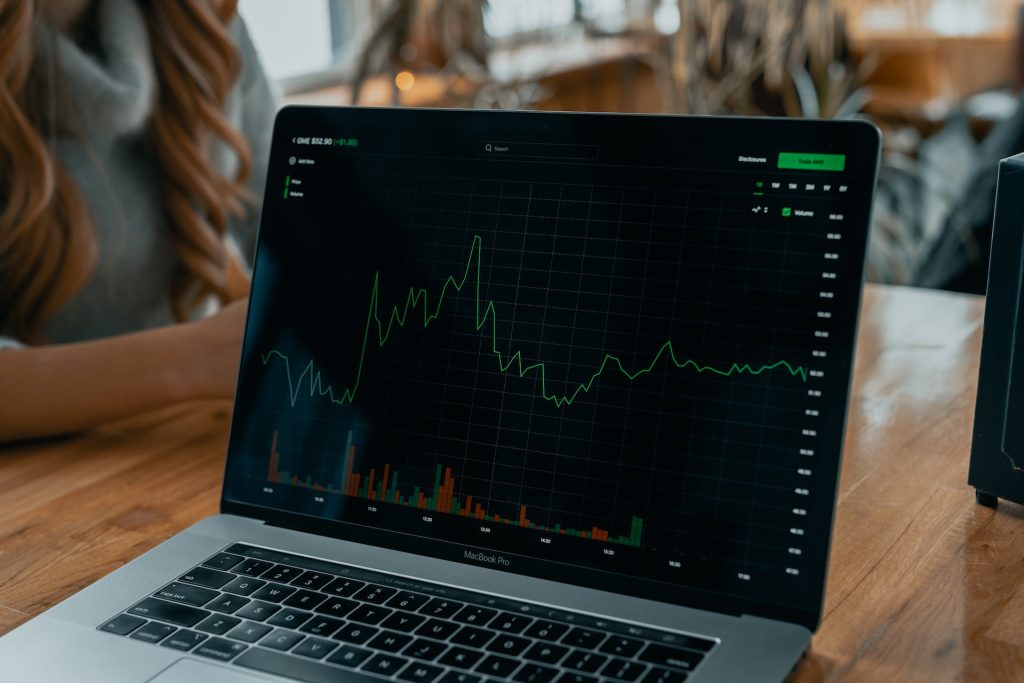Less is more! The phrase itself may sound contradictory, but it applies to most things in life. A simpler life, with only the essentials, may truly be the key to happiness!
After all, what brings happiness? Materialistic things certainly don’t, do they?
Well, money is important, we all know that, but can it be used in a different way? Financial minimalism is there to help those who choose to consume reasonably and responsibly, and you might become one of them after you’re done reading this article!
Keep in mind that this doesn’t mean you can’t have plans, or dreams, or think about the future.
This article will help you understand what minimalism is and how you can adopt this lifestyle.
What is minimalism?
Minimalism is a term that emerged in the 20th century to talk about artistic, cultural, and scientific movements. However, in a financial sense, minimalism is a philosophy of managing finances by cutting back on unnecessary expenses and using money as a tool to focus on what really matters – living stress-free and happily!
Nowadays, minimalism is even considered a lifestyle.
People who adopted this lifestyle usually stray away from the consumerism bandwagon. They do not accumulate unnecessary things, prioritizing only the essentials.
What is financial minimalism?
Personal financial success is subjective and varies based on individual goals and preferences. Some may prioritize owning a large home, while others may prefer to invest in other areas. However, a minimalist approach can simplify personal finances.
One thing to note is that those employing financial minimalism don’t completely give up on finances.
Financial minimalism does not require a strict or ascetic lifestyle, as it is a flexible approach that allows individuals to prioritize their personal values and goals.
In fact, financial minimalism is more about making conscious choices. Impulse buying, for example, is one of the things that’s completely eliminated from financial minimalism.
This lifestyle emphasizes reducing excess spending and encourages the use of money in a smart and deliberate way.
What does not fit into financial minimalism?
Now you know what financial minimalism is, so let’s go over what it’s not.
Many people get confused and think that saving money is the same thing as being a minimalist. On the other hand, some think that minimalism implies a life without any enjoyment or technological advancements, which is categorically untrue!
Minimalism does not eliminate the necessities in a person’s life. Of course, this depends on what a person perceives as necessary. However, it does help in cutting out unnecessary or unplanned expenses.
The other difference is in the focus. Minimalists don’t constantly work to obtain more, rather, they’re concerned on other aspects of life. It’s a life away from financial worries, but not from obligations.
Everybody needs to pay their bills.
Benefits of adopting financial minimalism
Let’s point out some good reasons to adopt minimalism in your finances:
1. Quality of life
Who doesn’t want a quieter, stress-free life?
This is only one of the advantages of financial minimalism.
Since you won’t have as many bills to pay with a more relaxed standard of living, usually you’ll experience less stress when push comes to shove.
2. Financial organization
Properly organizing your finances, with full control of your expenses, is a great way to live more peacefully.
And that’s not all, the idea here is to simplify finances, and reduce bills and expenses.
3. Invest with peace of mind
As we said, financial minimalism is not about suffering and deprivation. It’s actually a style that prioritizes the essentials.
Investing can be a big part of this lifestyle. You will continue with your goals that bring comfort and peace of mind, such as improving your own home or retiring at a younger age.
How to adopt financial minimalism as a lifestyle?
Here are some useful tips to help you achieve financial minimalism and find peace of mind:
– Organize your finances
Have everything noted down in a spreadsheet. Keep your earnings and expenses organized to have greater control over them.
– Detach
This is one of the main points of this lifestyle. Get rid of the unnecessary. Don’t hoard things you won’t use. Sell or donate whatever is unused, as long as you know you won’t need it in the near future.
– Pay off your debts
To organize your finances you will want to prioritize any pending bills you may have. After you’ve done that, carefully evaluate all new accounts. Spend only on necessary and essential things, and your debts will be gone with the wind.
– Practice conscious consumption
There’s no use in paying off debts if you keep making new ones, right? Avoid impulse buying and buy only what you need. It may also help to try and use your credit card as little as possible.
– Have an emergency reserve fund
No matter how organized you are, life happens. Having an emergency reserve helps you maintain security and prevents you from piling on debt even if an unforeseen event happens.
– Invest your money
That’s right, don’t forget to make investments to achieve your goals and have more security. Put your dreams down on paper, and when you do, you’ll realize just how little it may take to achieve them.


